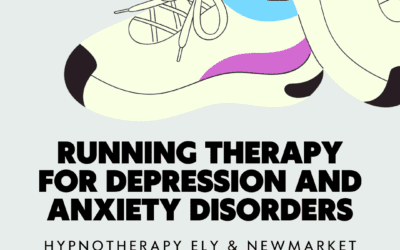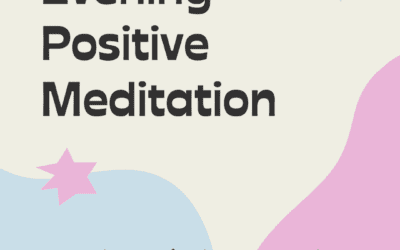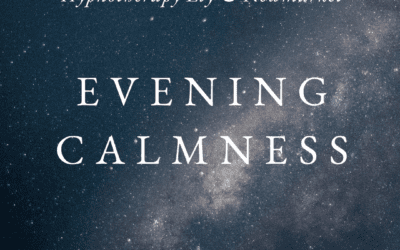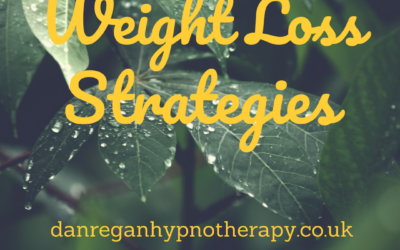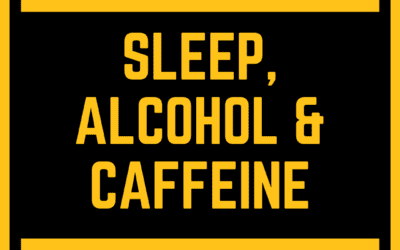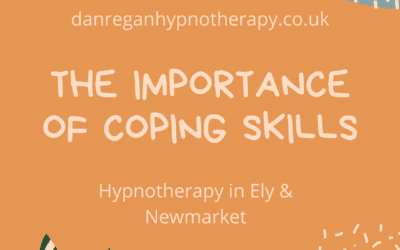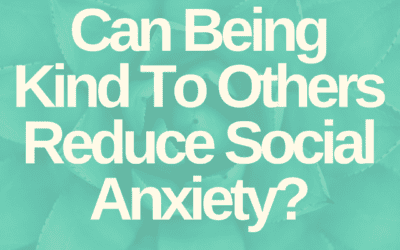Required
Running Therapy for Depression and Anxiety Disorders
Running Therapy for Depression and Anxiety Disorders – Hypnotherapy in Ely and Newmarket
Recently I wrote all about completing my first marathon for seven or so years when I finished the Ely Marathon. And now I’m very pleased to report that I’ve finished an ultra marathon too!
The St Edmunds Trail Race is a well organised event that takes place around Ickworth Park and surrounding villages, near Bury St Edmunds. It was a cold, wet, icy and muddy affair and I was pretty happy when I finally crossed the finish line. Ickworth Park is a National Trust site and it was lovely to jog around some paths that I’d never been down before. After that it was a case of heading out across some increasingly muddy paths before heading back into the park again. I had some nice chats with other runners on the way around and I’m massively grateful to all of the marshals who stood out for hours in the wet and cold cheering us on (and making sure we didn’t get lost!).
My main goal was to finish the 50km in six hours which, allowing for a few minutes, I successfully did. And, as always with these sort of things, there are plenty of learning points for next time (once my legs recover and I can manage stairs again!).
Many people I work with are runners or do some other form of exercise. This may be to support their weight management, to help with their mental health, or simply because they enjoy it. Sometimes as part of their sessions they want to improve their running, others want to get back started and sometimes they want to get their motivation for running back and to start enjoying it again.
Whether your thing is running or some other form of exercise, there are massive benefits for your physical and mental health from moving. Running and exercise have a wealth of research to support how beneficial they can be if you struggle with anxiety or depression symptoms.
And a recent study, that I’m covering in this article, has examined the effects of anti-depressants versus running therapy on both your mental and physical health.

